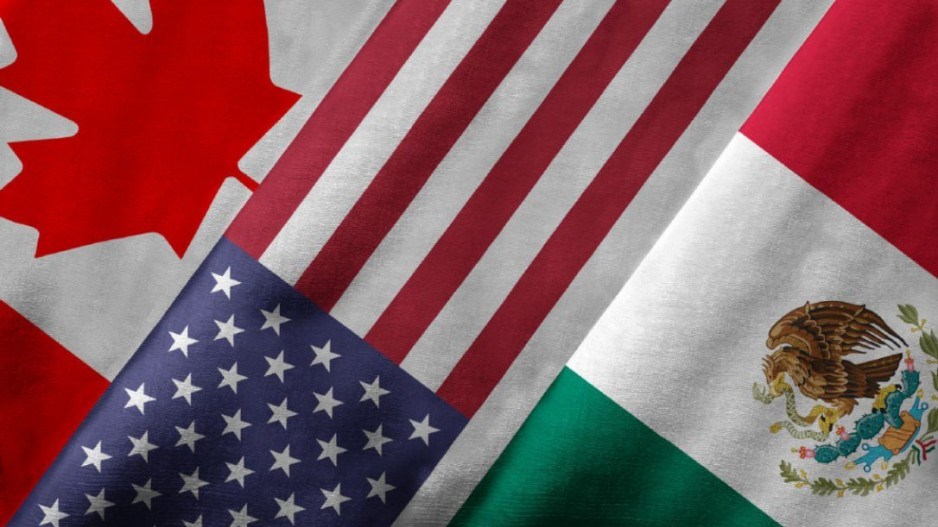The survey conducted by the Canadian Federation of Independent Business (CFIB) says nearly 28% of small businesses feel that the renogiations will change the way they export and import.
Small and medium sized businesses in Canada contribute to the trading economy to the approximately US$1 trillion in trade that occurs between Canada, the United States and Mexico.
"There is a real concern among our membership that any changes to NAFTA could have significant effects on their ability to sell goods and services abroad, on their cost of importing goods and on their ability to pass savings on to consumers," said Corinne Pohlmann, CFIB senior vice president of national affairs.
"As the negotiations begin, we have to ensure that NAFTA creates even more, not fewer, business opportunities for Canadian firms."
According to Industry Canada data, over 90% of all the firms in Canada that export are considered small businesses.
Of the surveyed businesses, one-in-three small businesses say that “favourable free trade agreements” were influential in their trade decisions.
CFIB has developed a series of recommendations it feels should be taken into consideration during the NAFTA renegotiations. These include ensuring a free flow of labour between the countries with clarified labour mobility rules; specifically addressing the needs and challenges of small and medium enterprises; reducing red tape for small businesses; reducing the time it takes trucks to cross the border; ensuring trade remains as duty-free as possible; and improving dispute resolution mechanisms.
The trade survey collected responses from 4,339 CFIB members, both involved in trade with the U.S./Mexico and those who were not.
The full report can be found here.
[email protected]



